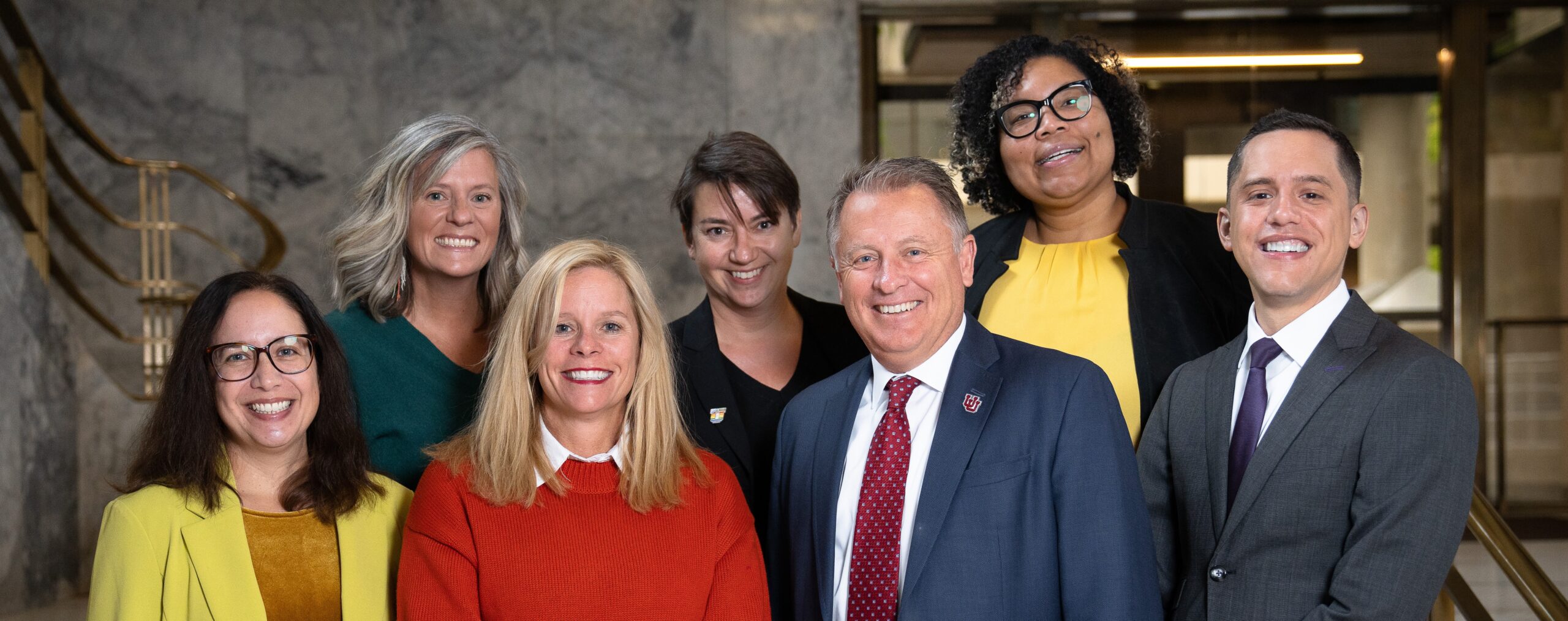
The University of Utah has made strides in advancing women faculty in the sciences in recent decades, yet the Beehive State’s flagship university still lags behind peer institutions when it comes to gender equity in science, technology, engineering and math, the fields collectively known as STEM. The challenges faced by women scientists are compounded by their additional identities, including being Women of Color and/or part of the LGBTQ+ community, who experience additional barriers as faculty members.
To build on the U’s current efforts supporting women from diverse backgrounds, especially Women of Color and queer women, the university is embarking on an institutional transformation project using a $3 million grant from the National Science Foundation under its ADVANCE program, devoted to enhancing the role of women in the nation’s STEM workforce. The grant will support both research and implementation of campus-wide reforms designed to lower impediments to success. It will also be the first ADVANCE grant focused specifically on LGBTQ+ and Women of Color—and inclusive of both tenure-line and career-line faculty.
“We all benefit from just, peaceful and equitable societies, but that is sometimes hard for people to swallow and too abstract,” said Claudia Geist, sociology professor and interim gender studies chair and co-principal investigator on the five-year grant. “Why this matters is that if the United States wants to be a leader in STEM, and actually tackle the big change global challenges we’re facing, we need the best possible people to do their best possible work. And by systematically making life harder on people based on characteristics that have nothing to do with their scientific capabilities is an inefficient way to operate.”
U President Taylor Randall, who holds a faculty of appointment in the School of Accounting, is the grant’s principal investigator (PI), demonstrating the university’s commitment to the project at the highest levels of leadership.
“As one of the nation’s leading research universities, we need to invest more in the success of a diverse STEM workforce,” said Randall. “Solutions to societal problems need to come from individuals spanning all segments of society. Leaving communities out of the equation puts us at a distinct disadvantage.”
The project is formally titled “ADVANCE IT: University of Utah IC Studios—Systemic Institutional Change Through Problem-Driven Iterative Adaptation.”
Joining Geist on the interdisciplinary team of co-PIs are geology professor Brenda Bowen, who directs the Global Change and Sustainability Center; Ramón Barthelemy, an assistant professor of physics and astronomy; and Myra Washington, assistant vice president for faculty equity and diversity. Mercedes Ward, an associate director of social impact within the Office of the Vice President for Research, rounds out the senior personnel team.
Excerpted from AtTheU. Read the full article here.
